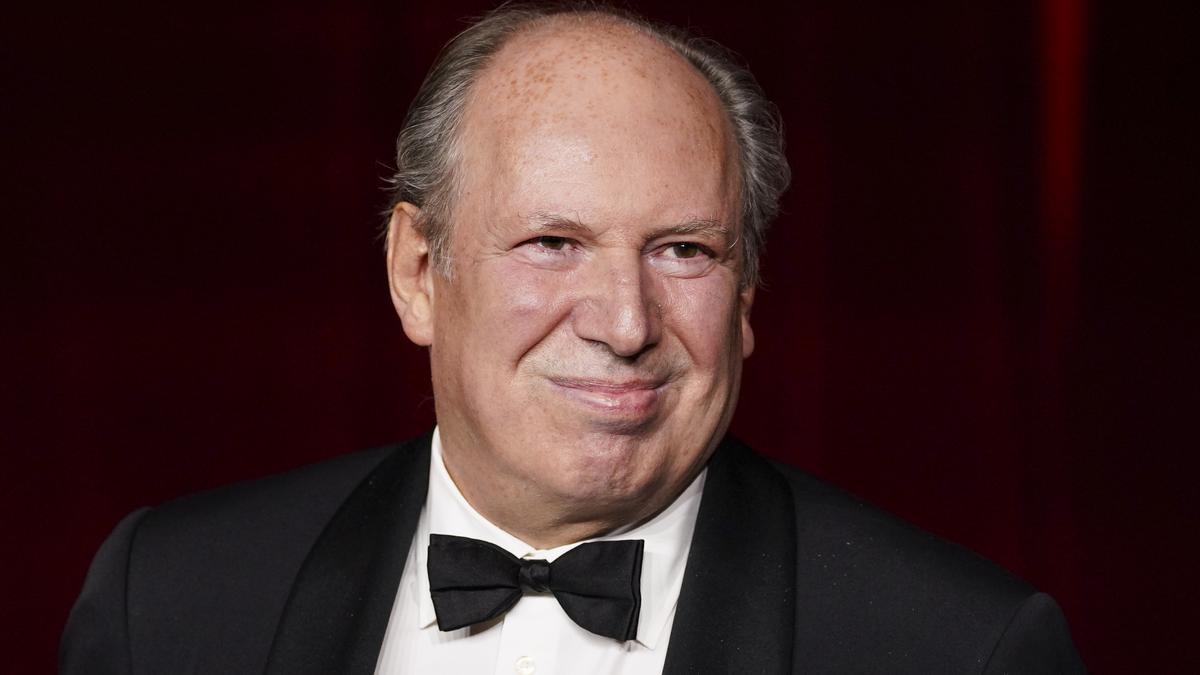
While Hans Zimmer’s score for “Dune: Part Two” has enraptured audiences and critics alike with its profound depth and stirring compositions, it will not be under the spotlight at the Academy Awards in 2025. Despite the widely acknowledged brilliance of the soundtrack, Zimmer’s latest opus, crafted for the epic sequel helmed by Denis Villeneuve and released by Warner Bros. in March, finds itself sidelined from the Oscar race for the Best Original Score category due to the stringent eligibility criteria set by the Academy of Motion Picture Arts and Sciences.
The Academy’s guidelines for scoring in sequels remain a hurdle; they explicitly state that no more than 20% of a score can contain pre-existing music. Zimmer’s composition for “Dune: Part Two” exceptionally builds upon the thematic bedrock of his Oscar-winning score for “Dune” (2021), naturally interweaving motifs that transcend both films. However, this artistic choice exceeds the 20% rule, thereby rendering the score ineligible.
Notwithstanding its Oscar ineligibility, Zimmer’s work on “Dune: Part Two” remains in contention for other prestigious awards such as the Golden Globes, BAFTA, and Critics Choice Awards. Many in the industry are keenly watching to see if his evocative soundscape will be recognized on these alternative stages, affirming its cultural impact beyond the restrictions of Oscar eligibility.
Moreover, Hans Zimmer’s creative arsenal is far from depleted. His upcoming work for Steve McQueen’s World War II drama “Blitz” holds possibilities for Oscar contention, ensuring his continued relevance and potential recognition within the cinematic world.
Zimmer’s predicament underscores a recurring theme in Hollywood, where sequel scores are often caught in the stringent interpretations of Academy rules. Esteemed composers such as Jonny Greenwood for “There Will Be Blood,” Jóhann Jóhannsson for “Arrival,” and Cliff Martinez for “Drive” have similarly found their monumental work for sequels and series sidelined in past Oscar proceedings.
. Nonetheless, instances of exceptions do exist within this framework: legendary composer John Williams repeatedly broke the mold with his contributions to enduring franchises such as “Star Wars” and “Indiana Jones,” where he enjoyed recognition. Such cases highlight nuanced decisions that may shift with the tide of Academy sentiments.
As “Dune: Part Two” continues to ripple through the cinematic landscape, Oscar buzz circulates furiously around other categories, promising a bounty of nominations that extend beyond the orchestral embellishments of Zimmer. Denis Villeneuve’s vision is expected to invite accolades recognizing the film’s visual mastery, narrative prowess, and overall production quality, ensuring its legacy within the epic genre.
The discourse surrounding Zimmer’s Oscar exclusion has sparked discussions about the present standards governing sequel scores and their relevancy in a landscape typified by evolving creative expressions. The industry is keenly attentive to the possibility of these rules being reevaluated to better suit a modern understanding of artistry and continuity in narratives that span multiple films.
Zimmer’s exclusion from Oscar contention does not diminish his score’s artistry or impact. Instead, it serves as a testament to the vitality and power of sonic art to transcend institutional confines. “Dune: Part Two,” in many ways, represents a symphony of visuals and music, a masterpiece that continues to assert its place at the zenith of cinematic experiences. Through other avenues of recognition, Zimmer’s opus will surely garner the honor and celebration it rightly deserves. His work exemplifies the driving force of narrative music that elevates a film from picture to paragon, promising its resonance to echo in the annals of cinematic history.












